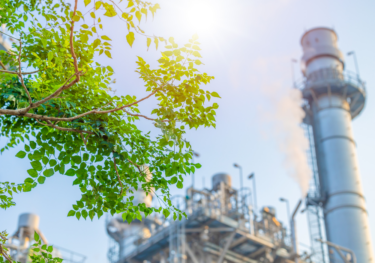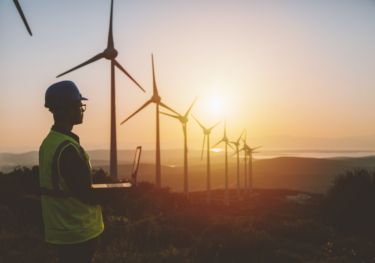中国“新三样”,经济“新抓手”
日期:2024 年 2 月 2 日
近年来,中国以电动载人汽车、锂电池、光伏产品为代表的“新三样”出口表现异军突起,脱碳转型(Decarbonisation)政策方向也进一步推动了这些新兴产业的壮大。
本次研讨会聚焦于中国“新三样”产业的发展前景,探讨其在多大程度上能够成为中国经济新抓手来驱动增长。这些产业是否可能抵消被房地产行业萎缩而拖累的宏观经济?政府又将如何应对产能过剩的风险?

Louise Loo
Lead Economist
+65 6850 0126

Louise Loo
Lead Economist
Singapore
Louise Loo joined Oxford Economics in 2022, with a focus on Greater China. Prior to OE, she was a senior economist at Morgan Stanley and Goldman Sachs. At Goldman Sachs, she was also an advisor to China MoF with regards to its sovereign credit rating. Louise is originally from Malaysia and has earned Economics and public policy degrees with Sheffield University and Columbia University.
Tags:
相关文章

China Key themes 2024 – A slower, but healthier, dragon year
China heads into 2024 with relatively loose policy settings, but private sector sentiment constrained by property pessimism. Policy efforts will reduce left tail risks but we don't expect it will be sufficient to prevent the growth downtrend persisting. Recognizing an upside risk that authorities could instead stimulate their way to a high growth target in 2024.
了解更多
The big questions for China macro policy this year
Ahead of this spring's Two Sessions, we expect officials to realistically stake their growth target at around 4.5% in 2024 – a more sustainable, though likely still above-potential, pace than in 2023.
了解更多
Industry in the age of the energy transition
This 5-page report identifies five key themes that will shape our Industry Climate Service research agenda over the course of 2024. The energy transition will have a significant impact on industrial activity this decade across several dimensions. Alongside the need for industry to urgently decarbonise its own activities, it will also play an instrumental role in the production of the low-carbon technologies necessary for decarbonisation in other sectors of the economy.
了解更多
It’s time to address the elephant in Africa ‒ transitioning to renewables won’t be easy
We have identified five key challenges Africa faces in transitioning to renewable energy at the scale needed to combat climate change and meet the continent's climate commitments. Perhaps the central challenge is the prevailing socio-economic conditions on the continent, which offer little wiggle room for governments to divert fiscal revenue to sustainability-related initiatives. With most African economies being relatively undiversified and many reliant on fossil fuel exports, the global transition to sustainable practices threatens economic losses if not mitigated ‒ emphasising the need to diversify economic activity.
了解更多